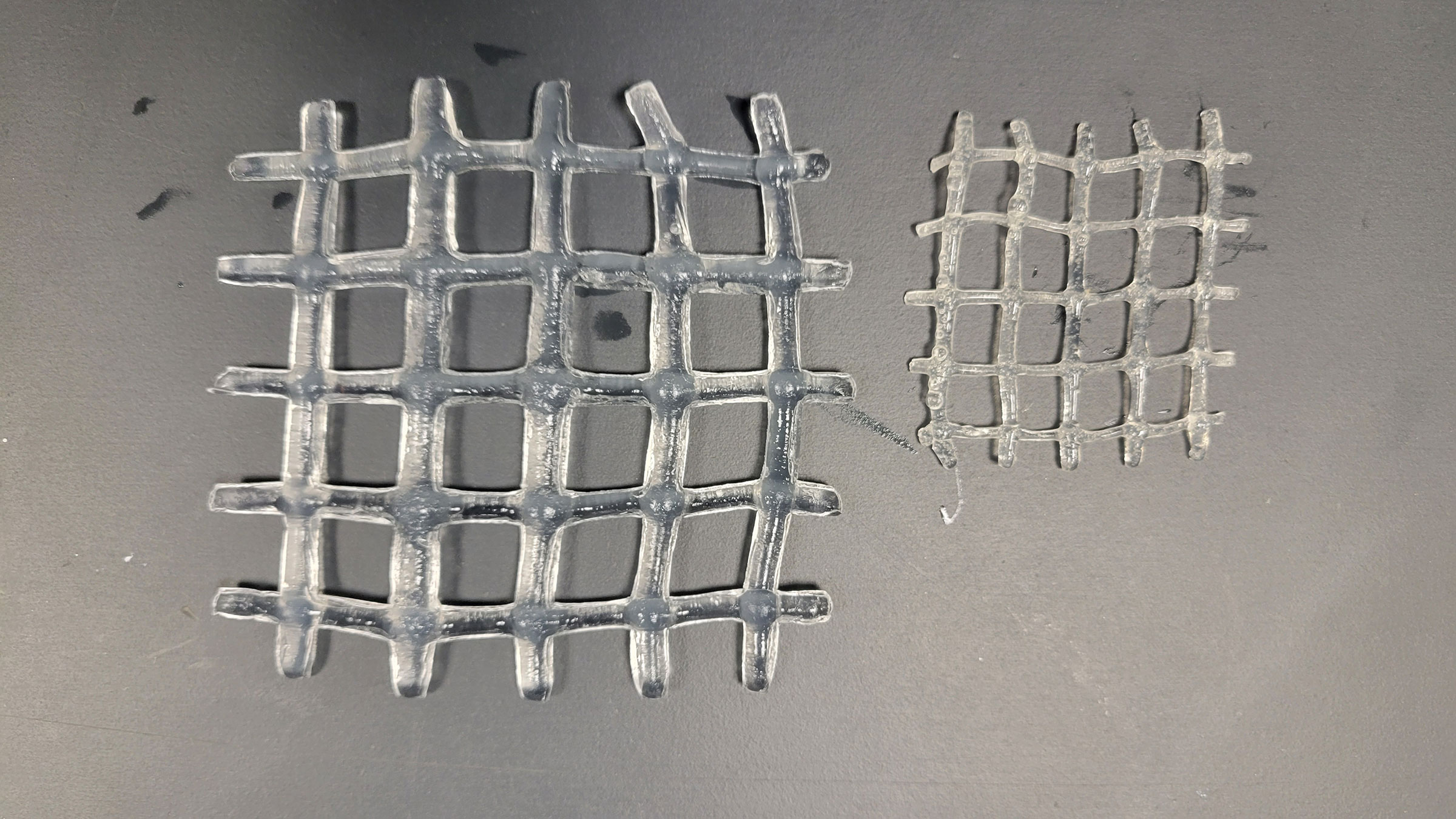As populations grow and climate change causes catastrophic flooding and drought across the globe, food and nutrition security are major challenges for the future. This month, the National Science Foundation (NSF) awarded a $750,000 grant to a Pratt Institute team for their project “Aqua Sacs for Sustainable Agriculture in a Changing Climate.” It is part of an $11 million investment by NSF through its Convergence Accelerator, an initiative launched in 2019 to advance multidisciplinary research on these issues.
The Aqua Sacs project considers how climate change is shaping the future of available water for agriculture, especially in parts of the world that are arid or semiarid, and how dramatic weather shifts and decreased access to land could exacerbate food insecurity. The Aqua Sacs would use a seaweed-based material to help keep water in the soil even during heat waves and storms. The project team includes Pratt faculty Cindie Kehlet, acting chair of the Math and Science Department, as principal investigator, with Helio Takai, dean of the School of Liberal Arts and Sciences, and Karol M. Murlak, professor of industrial design, as co-principal investigators. Jon D. Chorover, head of the Department of Environmental Science at the University of Arizona, and George John, a professor of chemistry and biochemistry at The City College of New York (CUNY), are also co-principal investigators on the team.
“This is an interdisciplinary project between the School of Liberal Arts and Sciences and the School of Design that addresses drought caused by climate change,” Takai said. “I am thrilled with the project that shows one of the strengths of our Institute: the convergence of talents to solve large-scale problems.”

Using hydrogels—which are small containers with semi-permeable membranes—the Aqua Sacs would improve and control soil moisture for growing soybeans, wheat, sugarcane, and other crops that demand large amounts of water. Hydrogels added to the soil absorb and retain water, later releasing it when the soil dries. This also helps reduce erosion and runoff which occur during flooding.
“It is an honor to lead this interdisciplinary team of researchers from multiple institutions,” Kehlet said. “Pratt is uniquely placed for this research since we can think of real applications and solutions. We bring science and design together and collaborate with partners who are experts on various parts of the project. At Pratt, we can connect the dots and do real convergence research.”
Hydrogels are already on the market, yet they are largely made of petroleum-based materials which are not ecologically friendly when implemented on a large-scale for agriculture. The Aqua Sacs instead use a material extracted from sustainably farmed seaweeds like kelp. Unlike petroleum hydrogels, the alginate-based versions would stimulate microbial activity that contributes to the health of the soil and, in turn, the production of crops. Because cultivating seaweed does not require any fertilizer, pesticides, or fresh water, and it dissolves nitrogen and carbon dioxide, it would also contribute to healthier marine environments.
“This project shows how design can make a real difference on a really large scale,” Murlak said. “And this positive impact is possible when design is blended with research. When performed together, research advances results with practical applications and design prompts reliable validation.”
The team’s research will include an investigation of how Aqua Sacs could be produced at a commercial scale, with the team examining the processes for seaweed farming, alginate extraction, hydrogel optimization, and field performance, all as part of a circular economy model that minimizes environmental impact at every step of the way. Phase one of the NSF grant will support the team’s transformation of their ideas into proofs of concept and participate in a formal phase two proposal and pitch. If selected, for phase two, the team will continue working on their prototype and will being developing a sustainable plan beyond NSF support.
